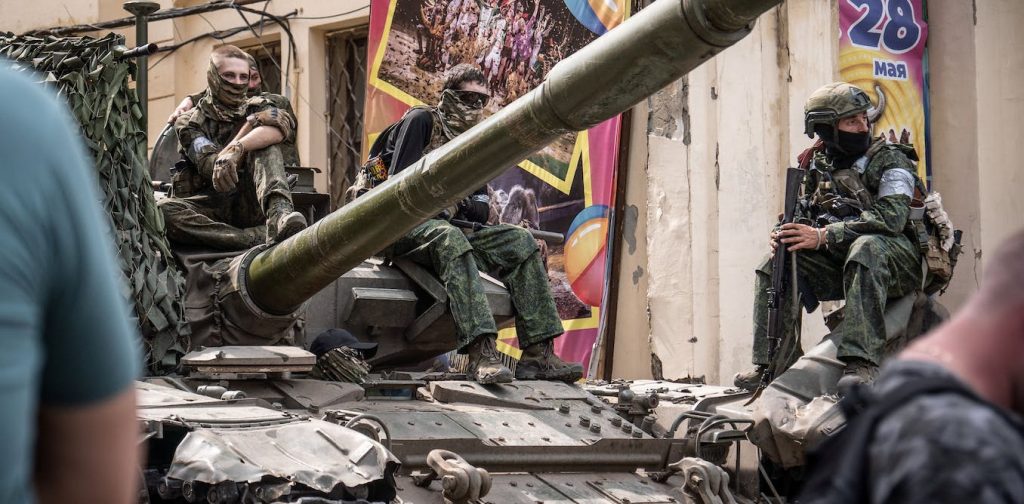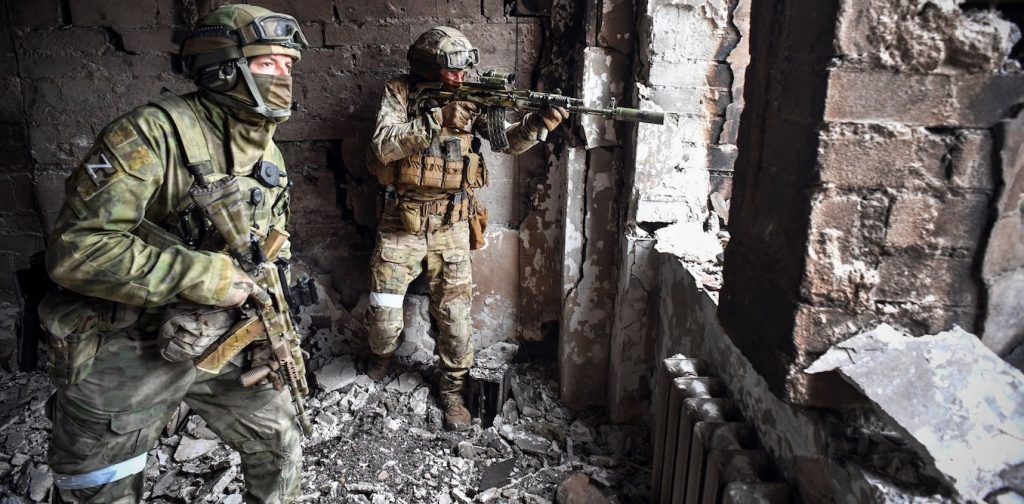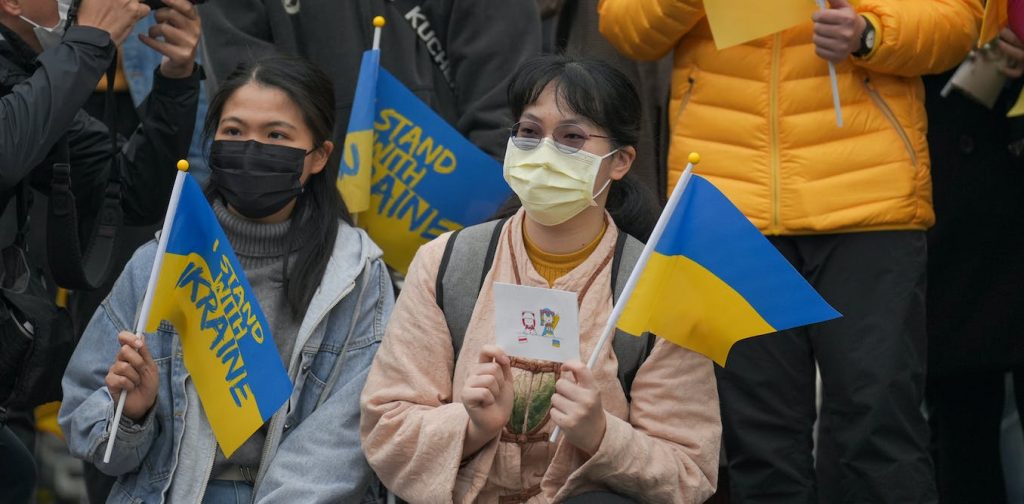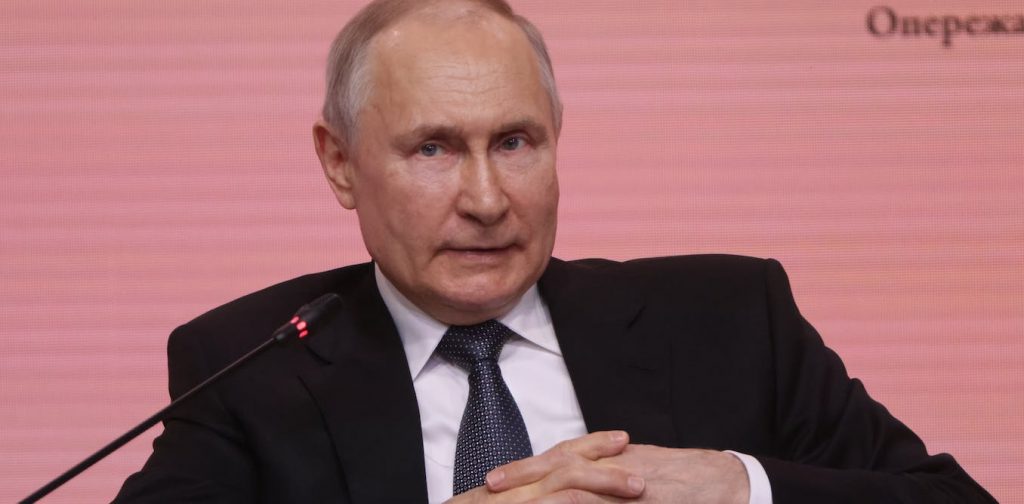What Beijing’s muted response to Wagner mutiny tells us about China-Russia relations – and what it doesn’t

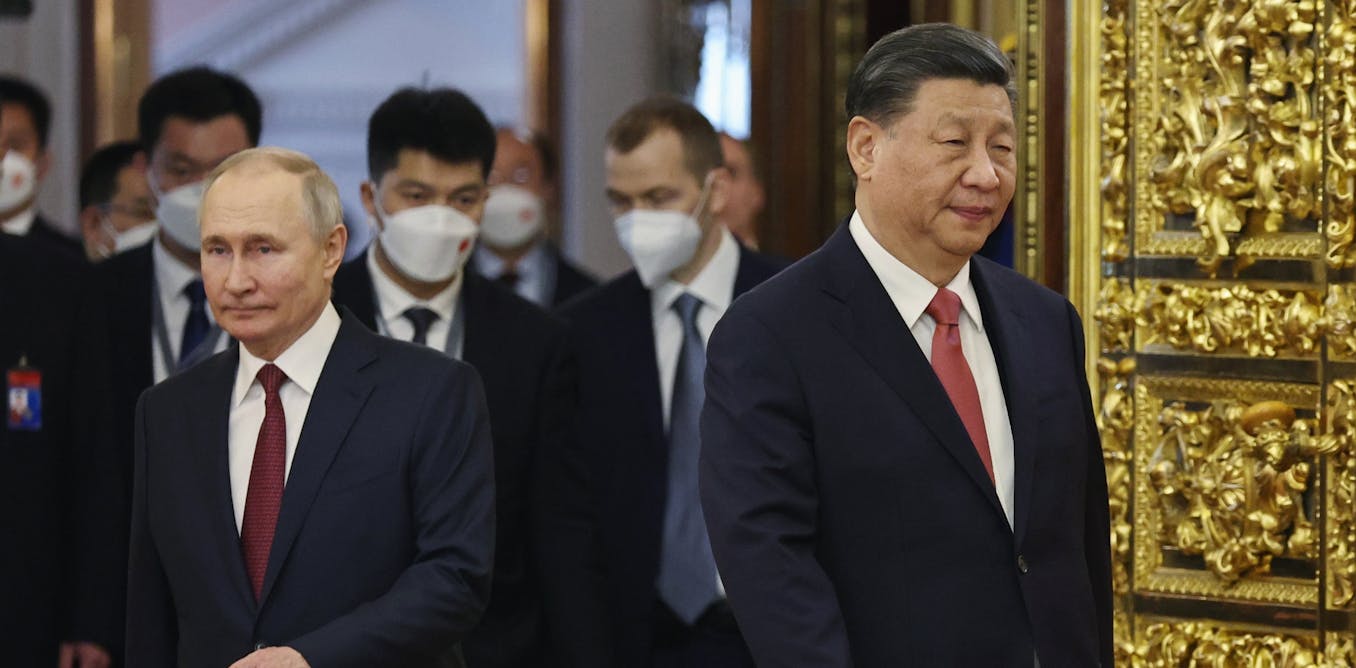
As mercenary troops bore down on Moscow on June 24, 2023, it likely wasn’t only Russian President Vladimir Putin and his governing elite in Russia who were looking on with concern. Over in China, too, there may have been some concerned faces.
Throughout the war in Ukraine, Beijing has walked a balancing act of sorts – standing with Putin as an ally and providing an economic lifeline to Russia while trying to insulate China against the prospect of any instability in a neighboring country. A coup in Russia would upend this careful diplomatic dance and provide Beijing with a fresh headache.
Joseph Torigian, an expert on China and Russia at American University, walked The Conversation through how Beijing has responded to the chaotic 24 hours in which mercenary chief Yevgeny Prigozhin challenged the Kremlin – and why that matters.
Do we have any clues about how Beijing perceived events?
It will be hard to guess what Beijing really thinks, especially as there has been little in the way of official comment. Russians understand that the Chinese media – like their own – are tightly controlled. Historically, Russians have strongly cared about how they are depicted in the Chinese press. As such, China will be careful about what is being printed so that Chinese officials don’t get an earful from Russian diplomats.
However, real signs of worry from Beijing may get out. In a tweet that was later deleted, political commentator Hu Xijin wrote: “[Progozhin’s] armed rebellion has made the Russian political situation cross the tipping point. Regardless of his outcome, Russia cannot return to the country it was before the rebellion anymore.” Similarly, China Daily – a publication run by the Central Propaganda Department of the Chinese Communist Party – quoted two concerned Chinese scholars in its reporting on the Wagner Group episode.
Such commentary may be a subtle way for Beijing to suggest to Moscow it needs to get its house in order. These views could also serve to remind the outside world that China and Russia are different political systems, and that Beijing will not always act in lockstep with Moscow.
At the same time, the Chinese government will be at pains not to give any support to a narrative that Beijing is worried about the strategic partnership. Global Times, a state-run Chinese newspaper, has already dismissed Western media reporting that China’s “bet” on Putin was a mistake. Such claims will be framed in China as a plot to hurt Sino-Russian relations.
So will the Wagner episode affect China’s support for Putin?
The Chinese government likely believes that Putin is still the best chance for stability in Russia and that supporting him is a core foundation of the bilateral relationship. Some Chinese commentators have noted that Putin did emerge victorious quickly, and with little blood spilled. They may be right – although the insurrection is widely viewed as an embarrassment, many observers in the West also believe that Putin will survive the crisis.
On the Russian side, given the importance of China for them during the war in Ukraine, officials in Moscow will expect the People’s Republic of China to clearly express support for Putin. During previous moments of intimacy in the relationship, such help was expected and valued. In 1957, when Soviet leader Nikita Khrushchev narrowly defeated a putsch, he was so grateful that the Chinese blessed his victory he promised to give them a nuclear weapon.
There is a question of how Beijing would have reacted if the mutiny had escalated. History suggests that the Chinese might be tempted to intervene, but also that they understand the challenges any such action would face.
For example, during the 1991 attempted coup by Soviet hardliners against then-President Mikhail Gorbachev, some of the leadership in Beijing contemplated providing economic support. Chinese leader Deng Xiaoping, a long Soviet skeptic, ended those incipient plans, and the coup failed.
What lessons might the Chinese have drawn for their own system?
It’s hard to overstate how what happens in Russia has historically shaped thinking in China about their own country.
The birth of the Chinese Communist Party, the Cultural Revolution, the economic reforms of the “reform and opening-up” program from the late 1970s, policy toward ethnic minorities – all of these and more were shaped by what some in China thought the Russians were doing right or wrong.
But many in China may wonder how much they have in common with Russia today. Presidents Putin and Xi Jinping certainly have a set of conservative, Western-skeptic and statist “elective affinities.” But Xi’s war on corruption and the Chinese Communist Party’s “command over the gun,” as Chairman Mao put it, mean real differences.
The Chinese will likely take pride in their own system, where such a mutiny is hard to imagine, but will nonetheless be careful not to crow about it.

